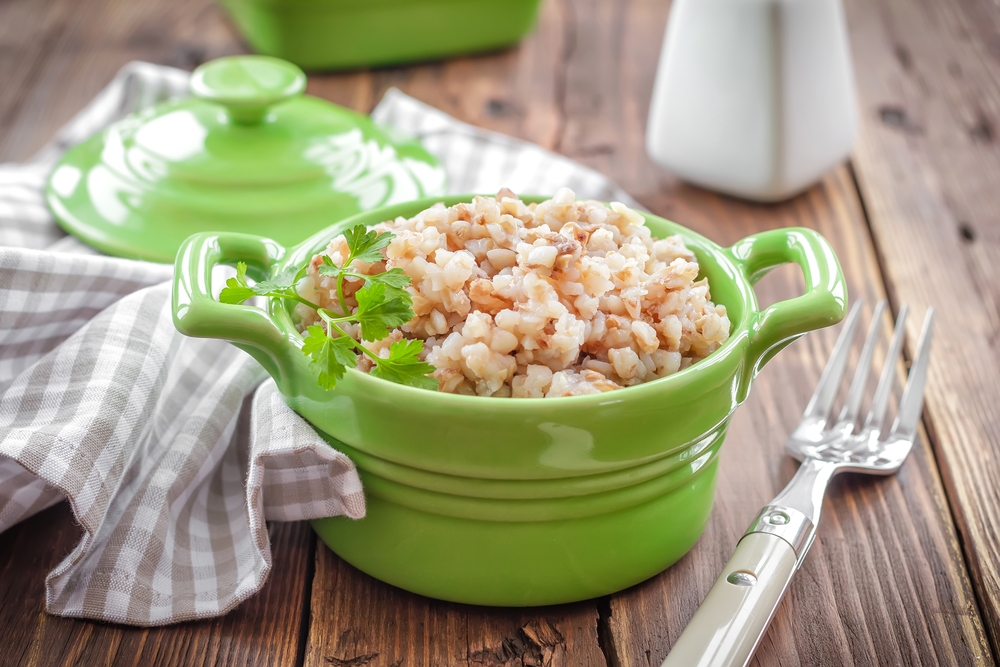
1. Whole grain porridge
The use of oats, buckwheat, pearl, brown rice serves as an excellent prevention of diseases of the cardiovascular system. Due to the high fiber content, wholegrain porridge has a very great effect on the digestive tract, improving digestion. Moreover, wholegrain kashas contain a good dose of protein (from 7% to 16%) and a fairly impressive list of useful micronutrients. Without a doubt, this product is a profitable source of calories.
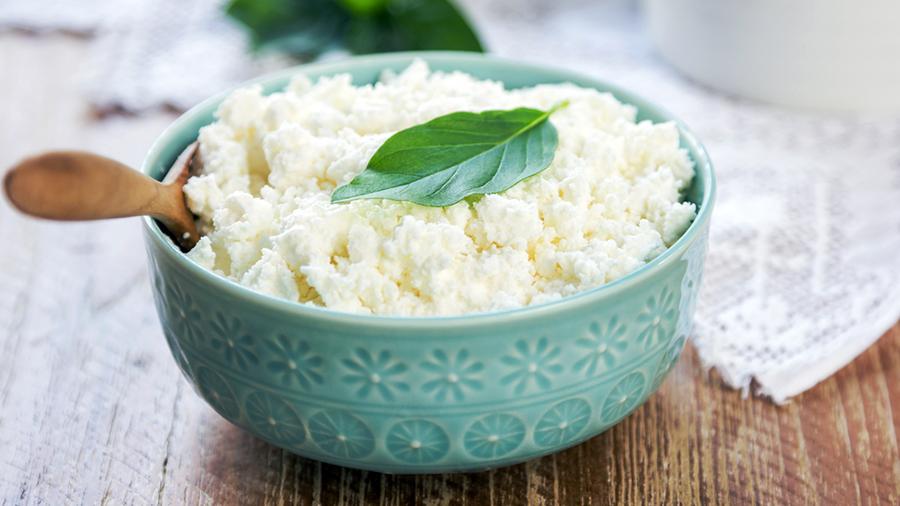
2. Cottage cheese
The World Health Organization advises the daily consumption of any dairy product. The most useful and profitable is low-fat (no more than 5%) cottage cheese. This product has a lot of easily digestible protein, essential amino acids, calcium and magnesium. And unlike most other sour milk products: yogurts, puddings and other desserts – it does not have sugar, flavor enhancers and flavors.
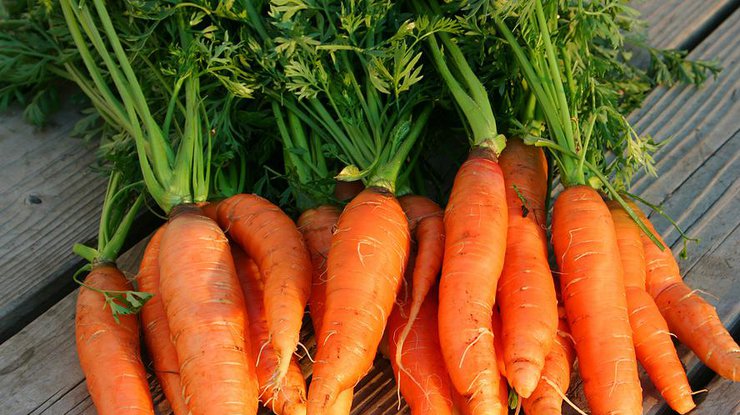
3. Carrots
There is a lot of beta-carotene in carrots – a powerful antioxidant that we need for cell and visual health. Interestingly, beta-carotene becomes larger and is better absorbed after thermal treatment of carrots. So not all vitamins die after roasting, in some cases they even become more.
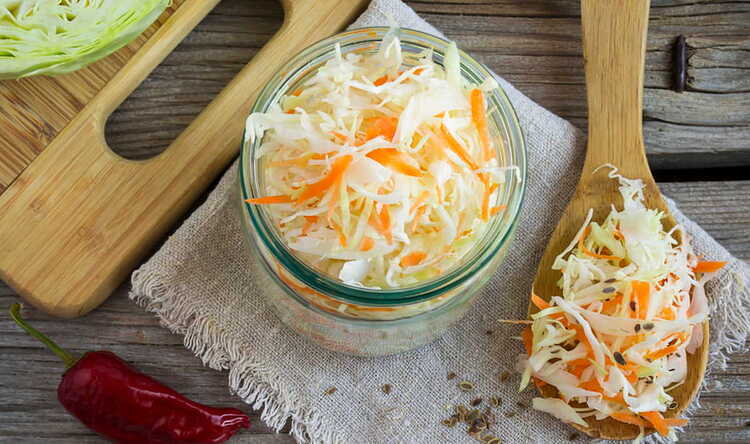 4. Cabbage
4. CabbageFYI, cabbage contains more vitamin C than oranges. It also has a lot of potassium needed by the body for the functioning of the nervous and cardiovascular systems. Cabbage is a valuable source of fiber, and you need to consume fiber daily in the amount of at least 30 hectares. Special attention should be paid to fermented cabbage. This product contains special bifidobacteria, which are the best prevention of colorectal cancer.
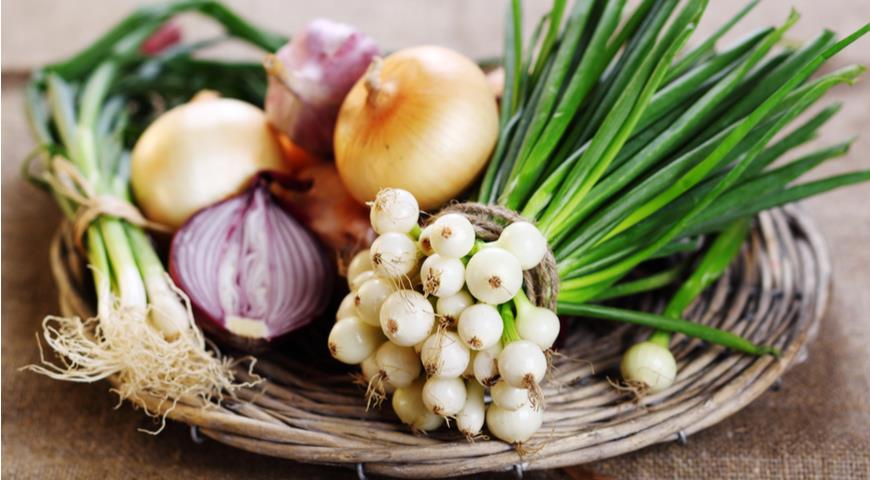 5. Onions
5. OnionsDue to the high inulin content, onions perfectly stimulate the growth of useful microflora in the intestine. It also contains phytoncides that suppress the growth of pathogenic organisms. And onions positively affect the level of cholesterol in the blood.
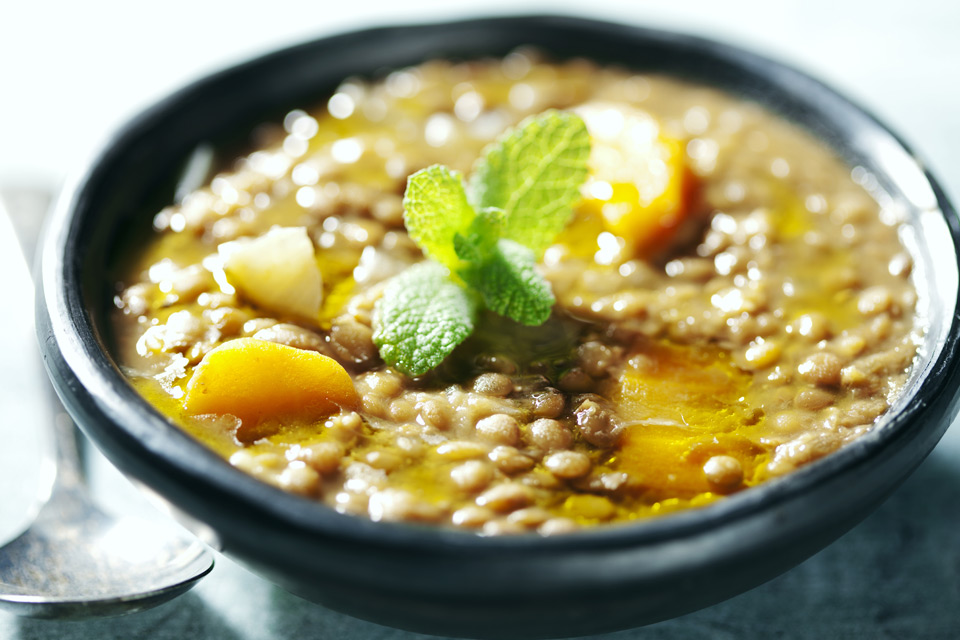 6. Lentil
6. LentilLentils are rarely seen on our desk. And in vain. Unlike most legumes, lentils do not require any soaking. It is perfectly suitable for soup, and for lettuce, and for side dishes. Another big plus is that lentils are an excellent source of protein. 100 grams of lentils contain 10 grams of protein.
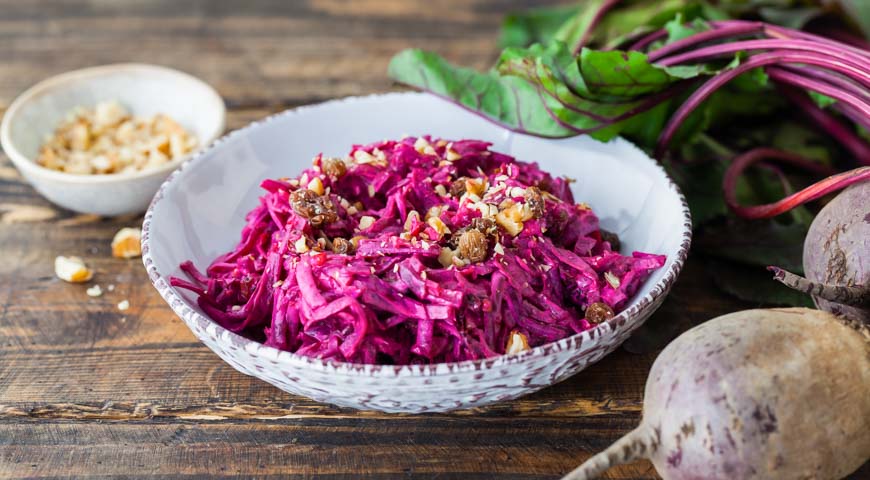 7. Beet
7. BeetBeets contain a substance such as betaine. You can’t find it in any vegetable culture anymore. In our body, betaine is part of enzymes that promote the absorption of proteins. It also improves liver function and helps reduce levels of toxic substances that cause cardiovascular disease. Betaine is also useful for the prevention of Alzheimer’s disease. Among other things, beets contain a sufficient amount of iron and iodine.
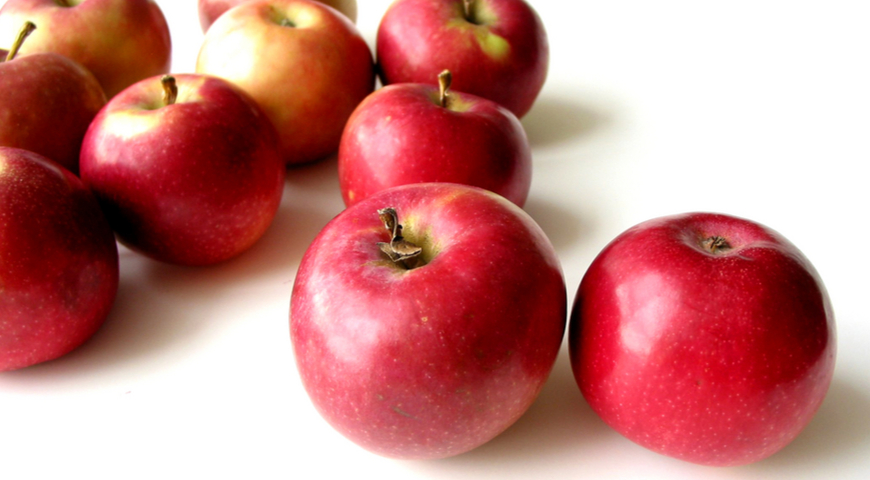 8. Apples
8. ApplesApples have a lot of iron and useful pectin. Give preference to domestic products. They are both cheaper and more useful. Some nutritionists advise cleaning the peel, since it contains a lot of pesticides and wax.
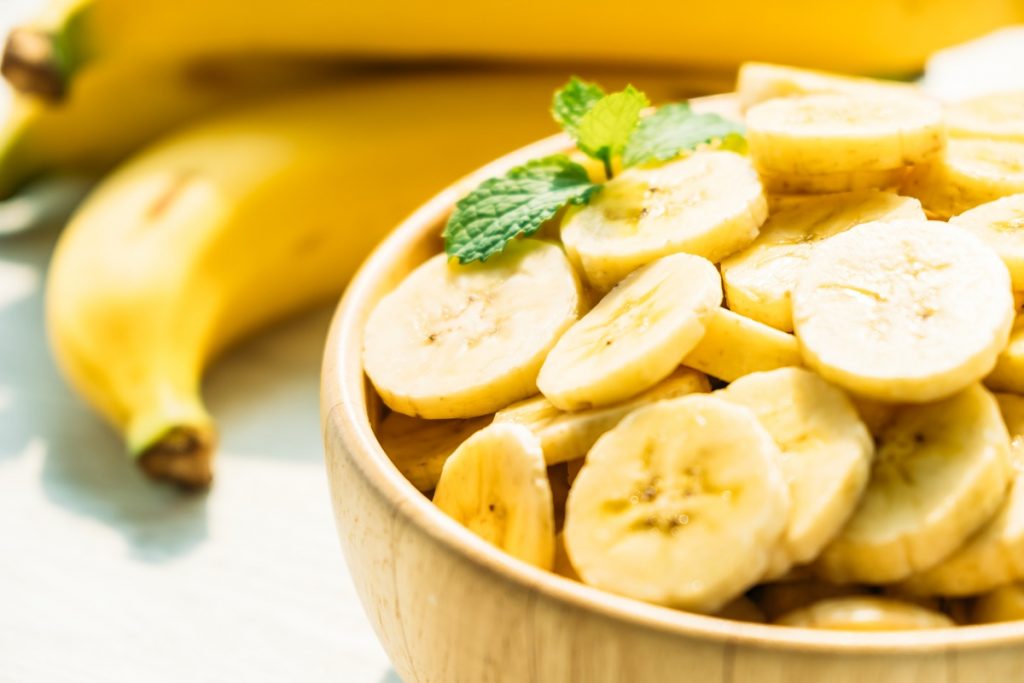 9. Bananas
9. BananasBananas have a lot of vitamin C and potassium, which helps to remove fluid from the body and reduces blood pressure. Due to the high iron content, this fruit is especially useful for those who suffer from anemia. This trace element normalizes blood hemoglobin levels.
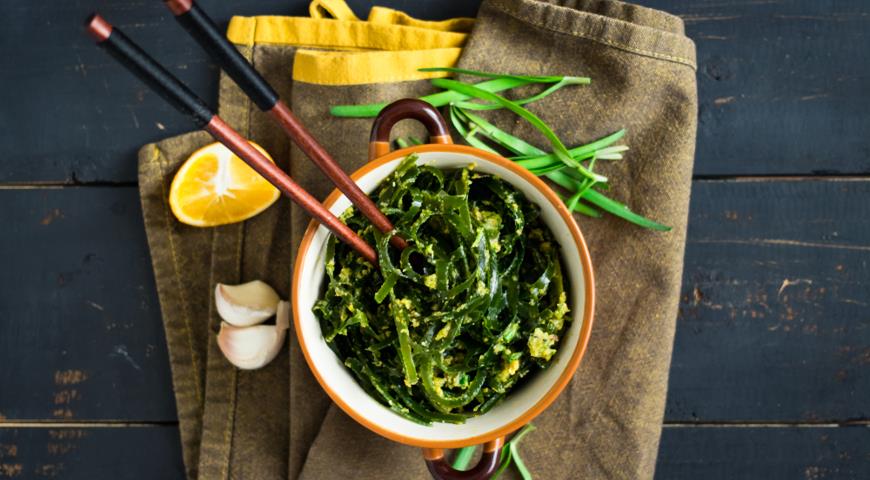
Sea cabbage, aka kelp, is a storehouse of useful trace elements. This product is the record holder for iodine content. Laminaria is perfectly absorbed by the body and has practically no contraindications. It is worth noting that it is better to buy this product in raw form and cook at home on their own. Ready-made salads, which can be found in supermarkets, contain too much vinegar and refined vegetable oil.

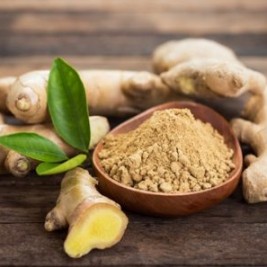
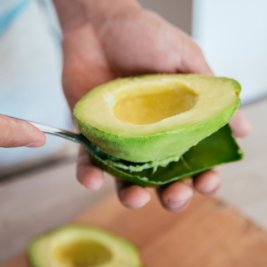
Comments